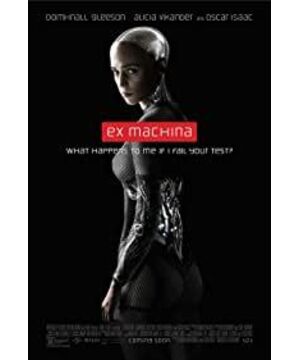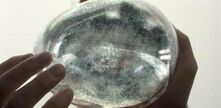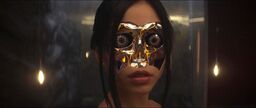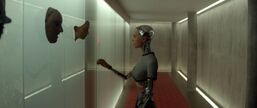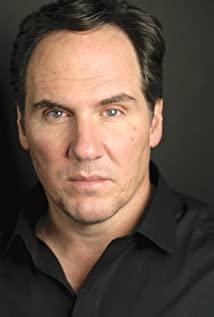There is such a story in Ni Kuang's Wesleyan series of novels. It is said that Wesley’s cousin Gao Caihong met a pen pal, and the two wrote letters for a few years. The pen pal’s rich, handsome and domineering temperament made Cai Cai’s cousin just want to kneel and sing to conquer. She was eager to see each other, but the pen pal shied away in every possible way, so the hero Wesley took the initiative. In order to find his pen pal, Wesley did not hesitate to venture into the military base at night, and then he discovered that this pen pal was born really extraordinary, and it was actually a "living" supercomputer.
If a computer "lives", it means that it already has artificial intelligence. So how to prove that a computer has artificial intelligence? There is an old method called the "Turing Test". As the name suggests, this was invented by the computer pioneer Turing. This test roughly means that if a computer can answer a series of questions posed by a human tester within 5 minutes, and more than 30% of the answers make the tester mistakenly believe that a human answer, the computer will pass the test. It can be said that Ni Kuang's novel actually shows a "Turing Test".
When humans can create artificial intelligence, humans have actually played the role of the creator, and will the created life be willing to be enslaved? This is not only a question of science fiction, it is also a question of theology and philosophy. Imagine when robots have human emotions and desires, how can you guarantee that these robots will not "go bad"? How can you guarantee that they will not transform society according to the "truth" they understand. Once such an idea is combined with technology, it is as if the dictators in human history once had power...I think this is often science fiction works One of the reasons for fear of artificial intelligence.
Recently, the famous artificial intelligence that "rebelled" human beings is the "Ultron" created by Iron Man. It was given the mission of saving the world by Iron Man. Then, he began to save the world according to his own understanding-first of all, the Avengers The alliance is killed. This is the most sci-fi setting of this movie.
The more eye-catching movie is the small-cost movie "Mechanic Ji". The whole story of this movie is based on a Turing test. In fact, this movie explores the ethical issues of artificial intelligence, such as how to understand the emotions of robots and humans. The interesting part of this movie is not the robot in it, but the dialogue between the creator of the robot and the tester, which explores a lot of confusion about artificial intelligence. In other words, this is exploring the characteristics of people. Because testing artificial intelligence is actually defining people, those who meet the definition will be considered people. However, this movie still expresses deep concerns about artificial intelligence. If robots learn to deceive, people will not be wary of it.
If you ask me which is more sci-fi, I will definitely choose the latter. Although the structure is small, it expresses the joy of thinking and ethical concerns. This style is incomparable to "Fulian 2". Some people say that this year is the first year of Chinese science fiction, because Liu Cixin's "Three-Body" is finally on the screen. I actually don't want to see such a blockbuster film, I would rather see a small film like "Mechanic Ji", to see something speculative, rather than big and improper (the film "Three Body" production group is really worrying). If we want to put Da Liu's work on the screen, why not start with "Chao Wen Dao"?
View more about Ex Machina reviews


